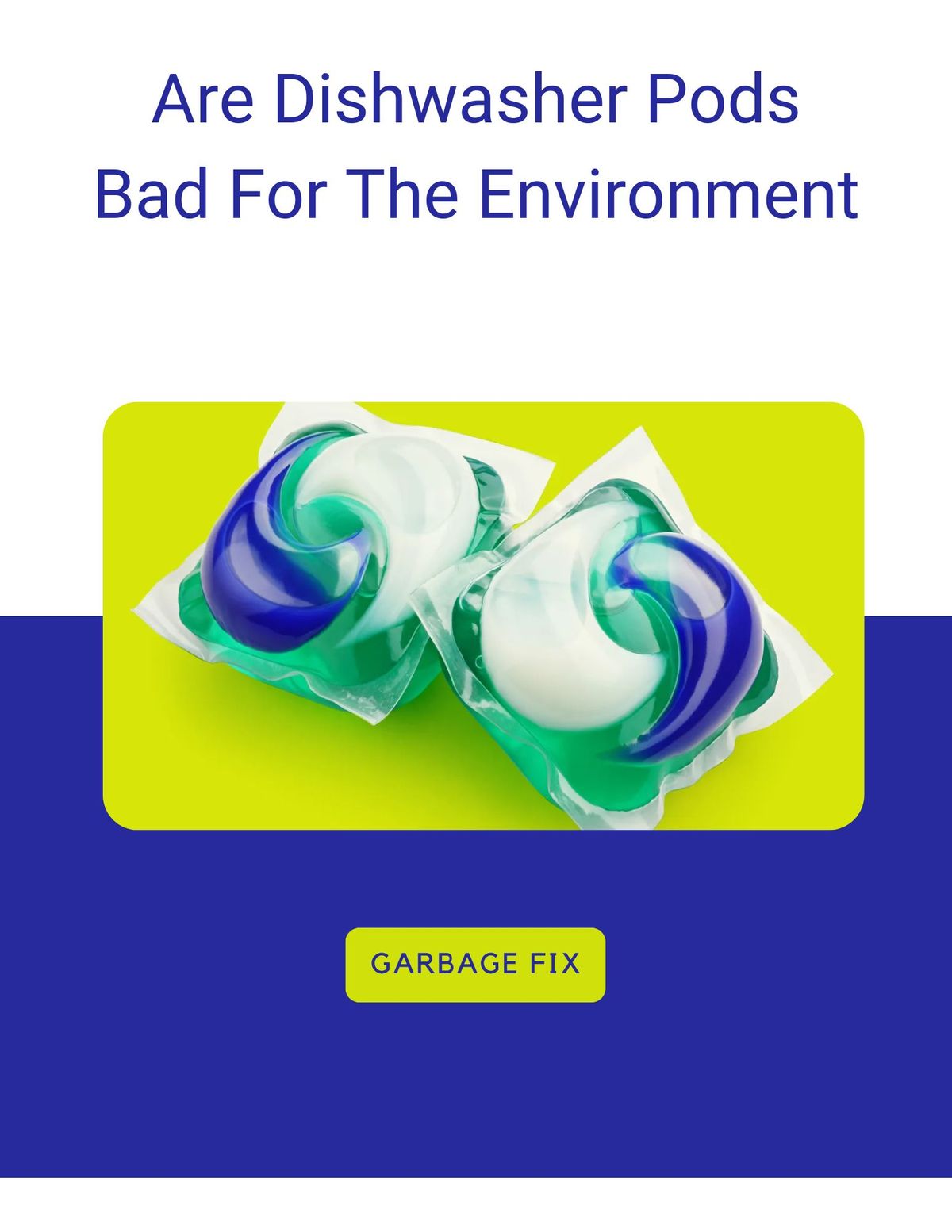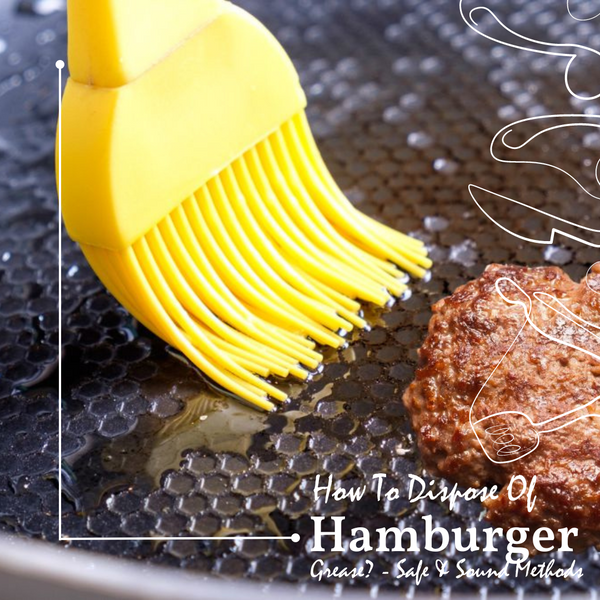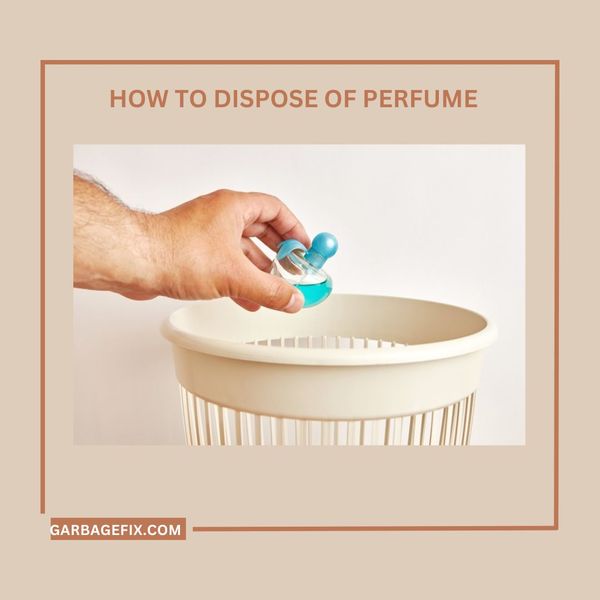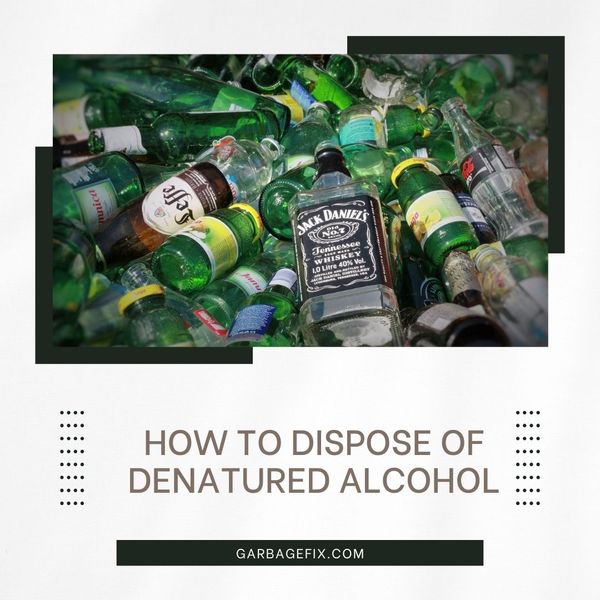which is extracted from limestone. The process involves heating limestone with baking soda at high temperatures in a kiln. This process produces large amounts of CO2 and other greenhouse gases released into the atmosphere.
Many people choose to use eco-friendly methods of cleaning their dishes, but some might wonder if these products are worth it. Regarding dishwashing tablets, there's an ongoing debate over whether or not they're good for our health and the environment.
Are Dishwasher Detergent Pods Bad For The Environment?
Researchers at the University of Bristol in the United Kingdom conducted the study. It found that dishwasher tablets cause as much harm to the environment as they do good. The researchers studied how different cleaning agents react with wastewater treatment plants and found that they damaged the plant’s ability to purify water further down the line.
Dishwasher tablets can contain chlorine, added to bleach your dishes or sanitize them during the wash cycle. The researchers say that when these chemicals get into rivers or streams, they can damage soil organisms that normally help keep aquatic ecosystems healthy.
Risks For Ocean Life
All these plastic-like shells are only partially biodegradable. Consequently, the pods may affect the environment when they flow down the drain and into the sea without being processed by a wastewater treatment plant. The following are the possible risk factors:
- The growth and reproduction of plants are stopped.
- Because of the imbalance, the amount of oxygen to carbon dioxide in the air is becoming less stable. It will end up in landfills if wastewater treatment facilities don't take care of it.
- The effects of accidental interactions between water contaminants and aquatic organisms can be very bad.
- That is why pods are a source of plastic pollution. More than 8,000 tons of PVA waste are dumped into the environment yearly, making the damage even worse.
Chemical Blend
Dishwasher tablets are usually made from sodium carbonate (soda ash, sodium bicarbonate) and polymers. This combination creates an alkaline liquid that neutralizes the acids in your food and prevents them from damaging your dishes. The polymers act as fillers and thickeners, helping the tablet maintain its shape even after being subjected to high temperatures and pressure inside your dishwasher’s heating cycle.
The biggest environmental concern with dishwasher tablets is that they contain phosphates, which are known to encourage algae growth in lakes and streams when they run off into sewers or storm drains during rainstorms.
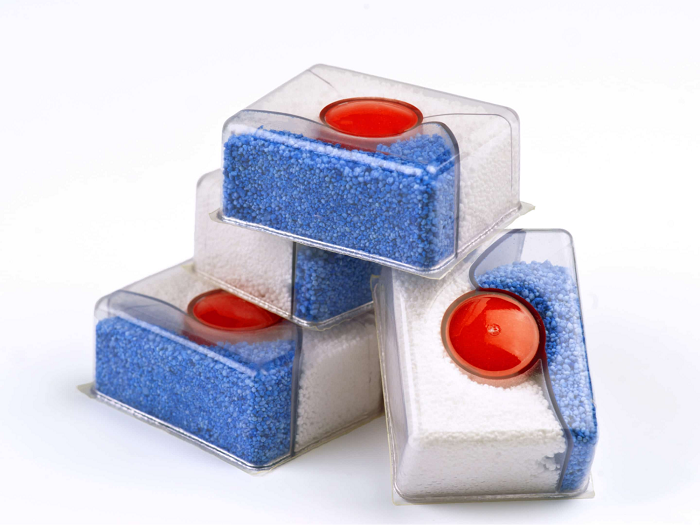
Affect On The Dishwasher
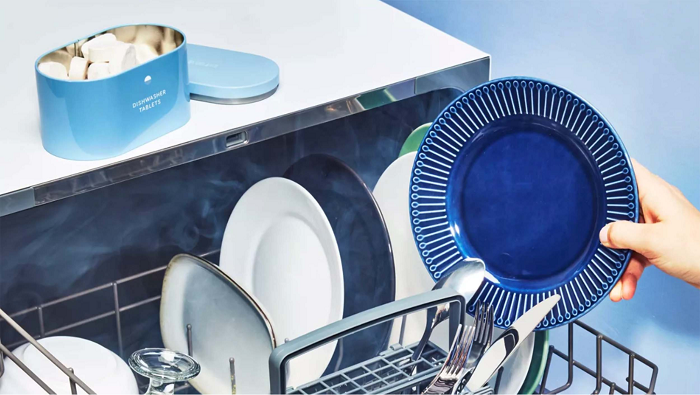
It's easy to overlook that dishwashers still contain trace amounts of chemicals after using dishwashing pods to clean dishes. Without routine cleaning, the residue will continue to accumulate, eventually causing damage to the dishwasher. Toxic contaminants may adhere to the top of your plates, potentially contaminating your meals.
Further, the accumulation of chemicals might increase the effort required by your dishwasher. As a result, more power is used. If this happens, your energy use and the costs that come with it could go high. You can evade this problem if you keep your dishwasher clean.
How Do Phosphates Harm The Environment?
Phosphates break down into orthophosphate ions when exposed to sunlight and water; these ions can stimulate algae growth when introduced into lakes or streams.* Phosphates also encourage algal blooms that deplete oxygen in the water, killing fish and other aquatic organisms.
In addition, phosphates can cause beach closures when they enter coastal waters via storm drains or sewer systems. Beach closures are a major problem for tourism as well as commercial fishing.
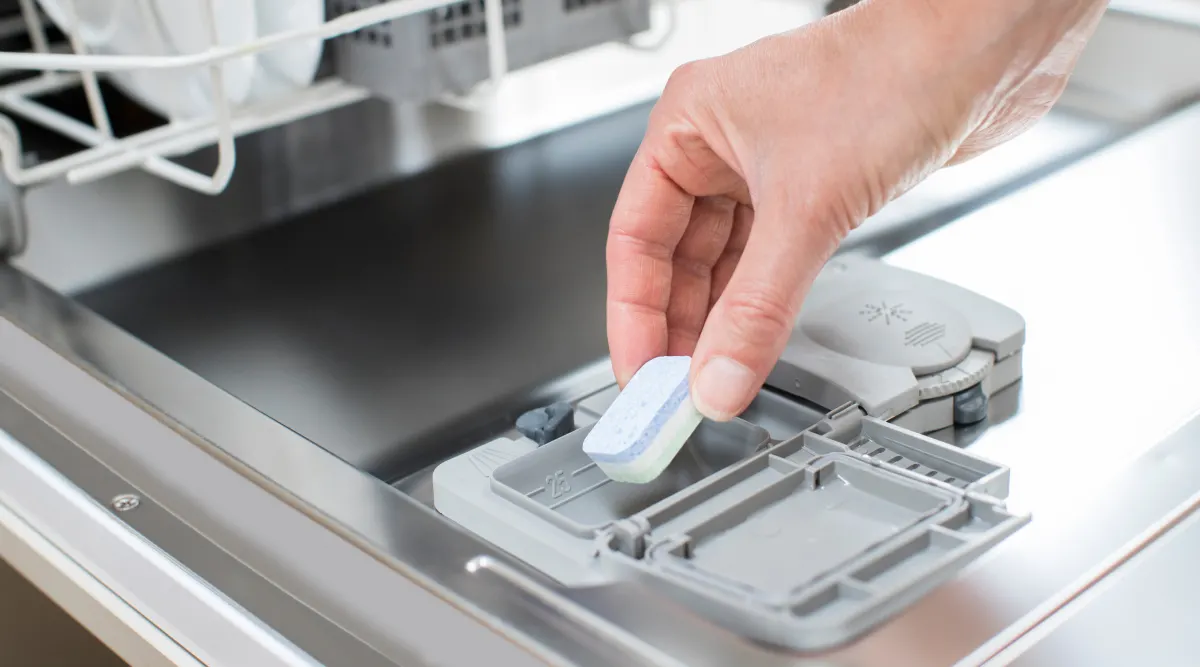
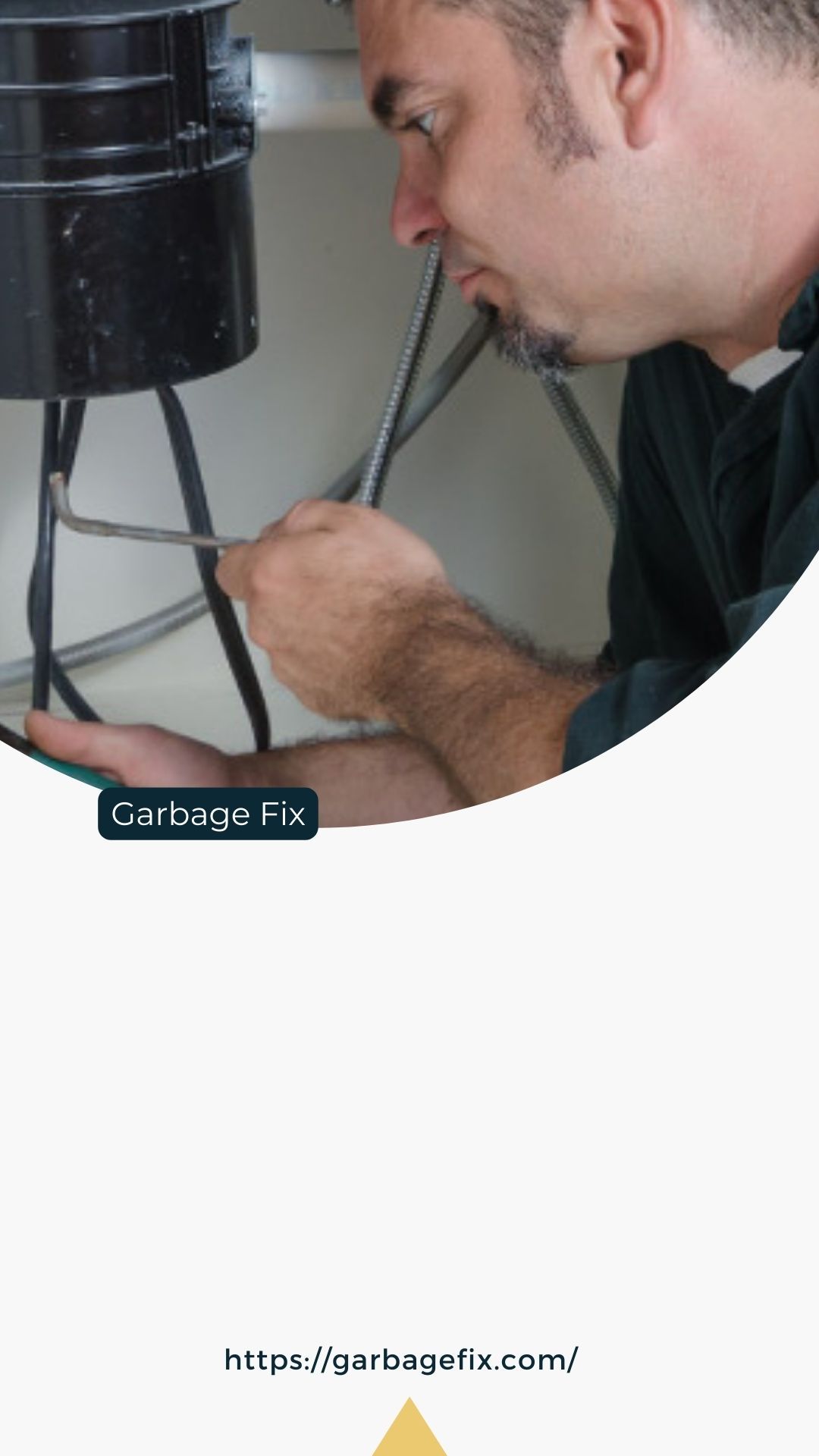
Are dishwasher pods biodegradable?
Detergents are not biodegradable. They are made up of many chemicals that can harm fish, plants, and other living organisms in the water. Phosphates are often found in these chemical blends, which can lead to increased growth of algae in lakes and oceans.
Algae blooms may lead to dead zones with no oxygen in the water for fish or other aquatic life to survive. The EPA reports there are more than 400 dead zones around the world today, and they continue to grow each year because of pollution from chemical industries and agricultural runoff.
Are Dishwasher Pods Toxic?
Tablets for dishwashing may include compounds that are dangerous or poisonous to humans. Some colors may provoke cancer or harm specific organs because they include arsenic, lead, or mercury.
At the same time, synthetic fragrances may irritate and destroy skin and respiratory tissue. However, if used as directed, most of these compounds pose no threat to human health.
Do Dishwasher Pods Decompose Naturally?
Traditional dishwashing tablets are mostly not biodegradable in a natural way. In contrast, the breakdown of other ingredients could harm the environment.
Dishwasher pods contain various chemicals, including detergents, enzymes, and surfactants, designed to dissolve and clean dishes. While some of these ingredients may break down naturally over time, many do not decompose quickly or easily.
Most dishwasher pods contain a plastic wrapper that does not decompose quickly, which can harm the environment. In addition, the chemicals in the pods can be toxic to aquatic life if they are not properly disposed of.
It is important always to follow the manufacturer's instructions for using and disposing of dishwasher pods, including recycling the plastic wrapper if possible. In general, it is best to use eco-friendly dishwasher pods made from natural and biodegradable ingredients, as these are more likely to decompose naturally and be less harmful to the environment.
Are Dishwasher Tablets Are Better Than Pods?
Firstly, they're cheaper. Dishwasher tablets tend to be around £1 each, while pods cost around £2.50 each. You can get a combination of the two if you want - cleaners with a tablet and pod combination - but they're still more expensive than just a tablet or pod.
Secondly, they're more environmentally friendly. Most dishwasher pods on the market contain at least one plastic component, making them non-biodegradable. This means that they become an environmental hazard when they get into landfill sites or the ocean. Dishwasher tablets are completely recyclable and biodegradable - so much so that some brands even include recycling information on their packaging, so you know how to dispose of them properly!
Thirdly, they're more versatile. While dishwasher pods come in all shapes and sizes, from traditional capsules to tablets that look like large beads, there's no real need for such variety when it comes to dishwasher tablets; all you need is one single product that will work in any dishwasher regardless of whether it's top loader or front loader (although you may need an extra rinse cycle if your machine doesn't have a rinse aid dispenser).
Conclusion
Like many other " almost eco-friendly products," dishwasher pods have pros and cons. A positive outlook is appealing because it helps us feel better. Dishwashing tabs are a good buy because they are cheap, don't take up much space, and are easy to use.
But you should know that dishwashing pods and tabs can lead to some things that are not-so-great. PVA casings can hurt aquatic life and harvests if they aren't broken down and treated properly. Also, the pods contain several bad chemicals for people and the environment.
So, we need to find other ways to clean dishes that are better for the environment or use fewer of these pods.


